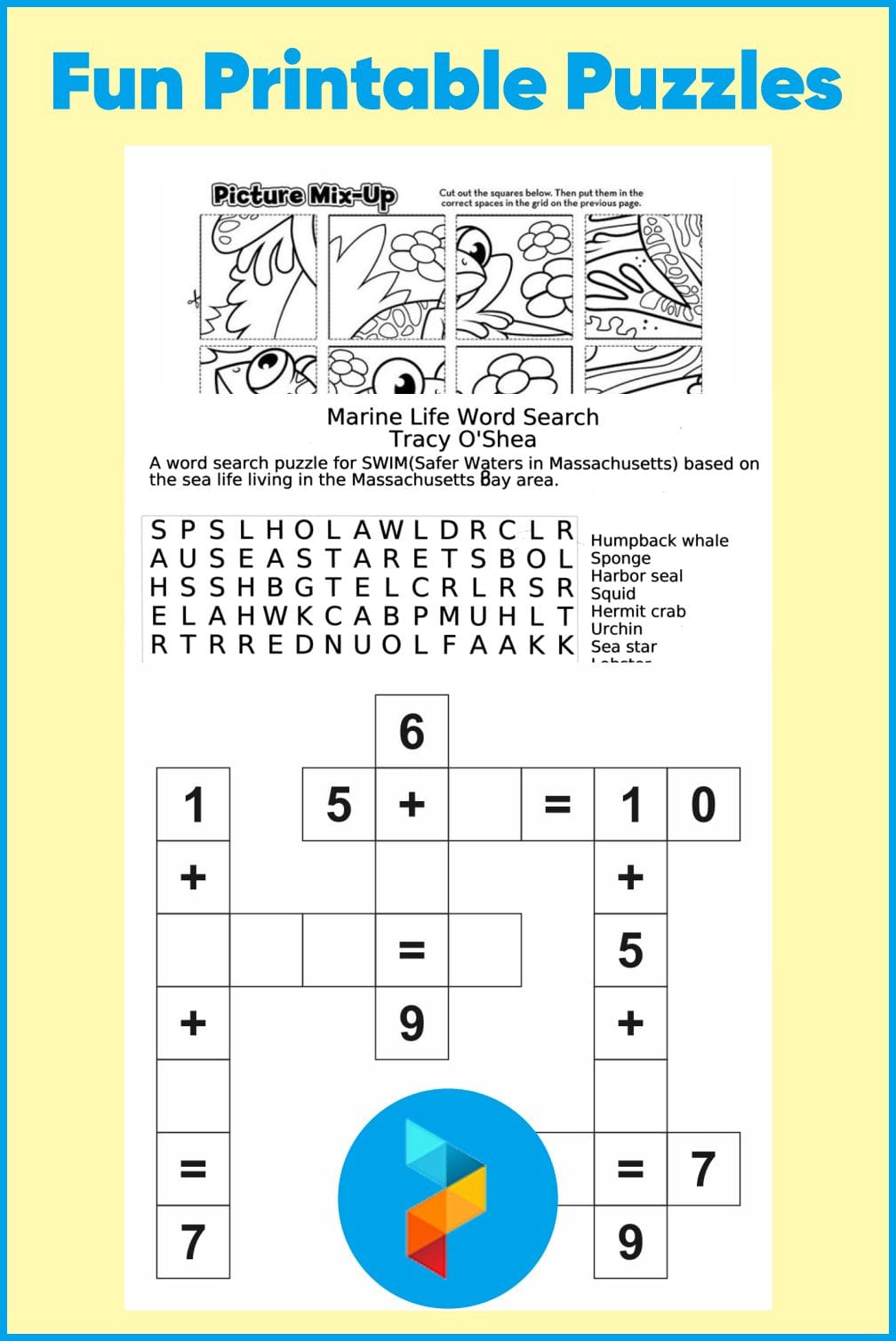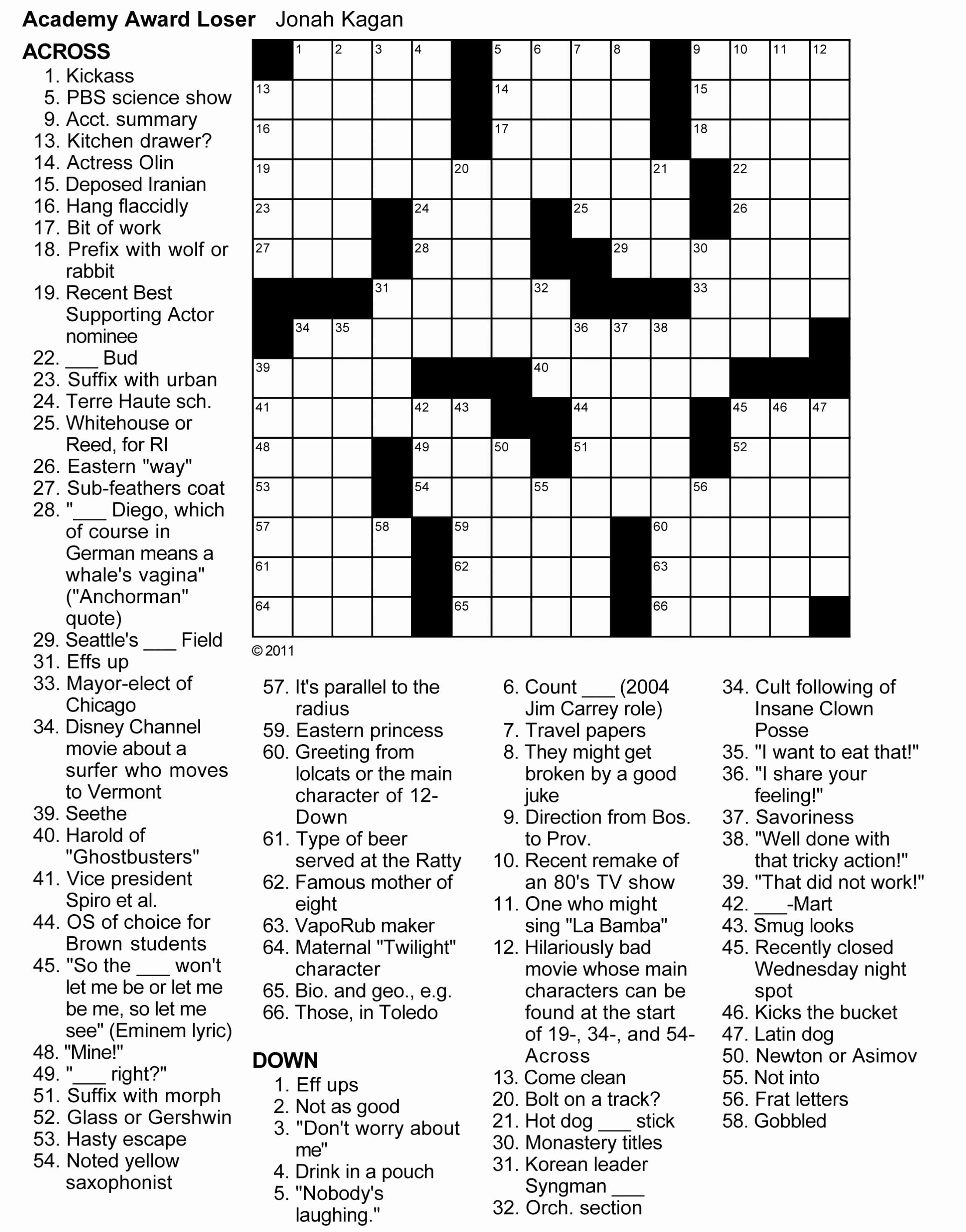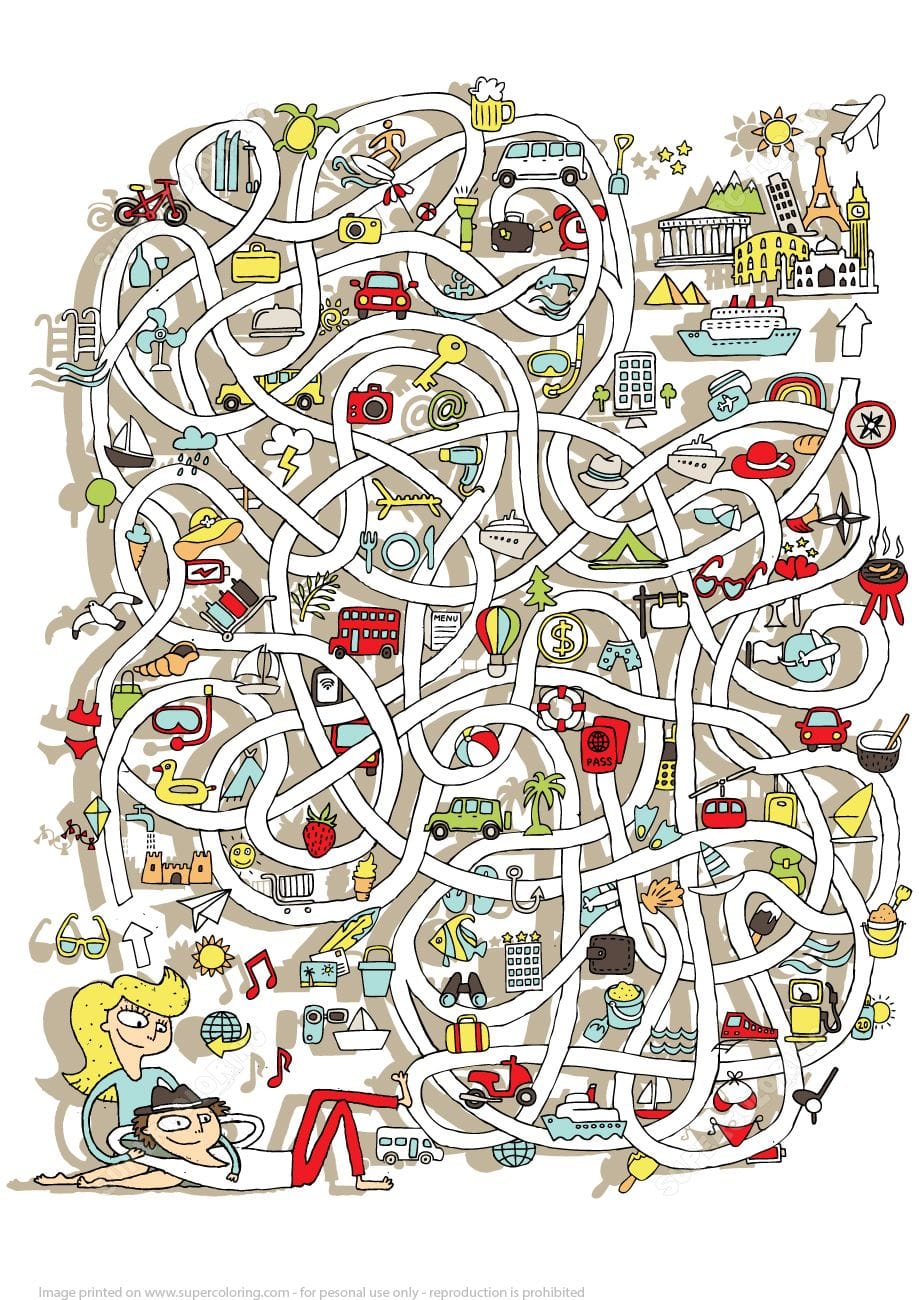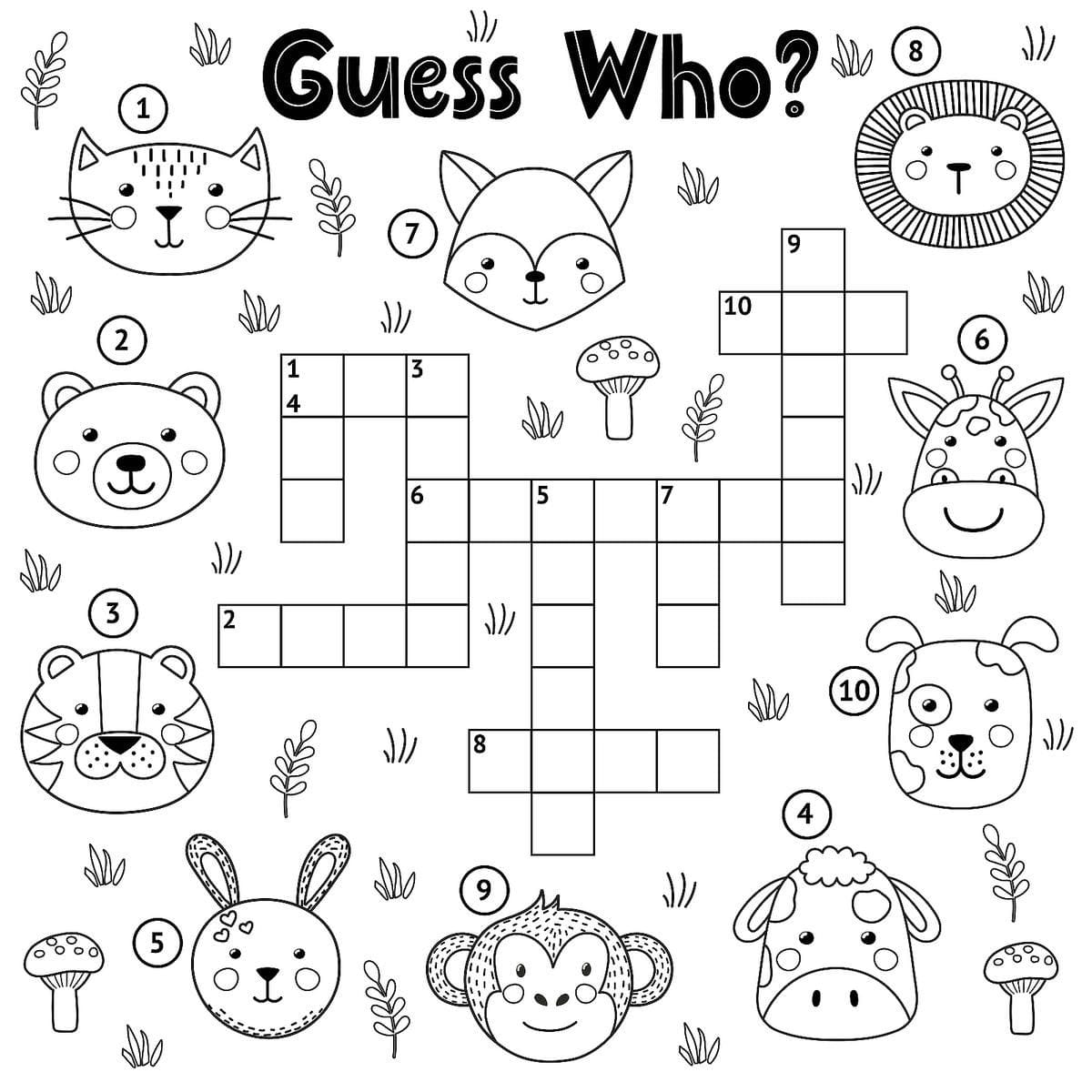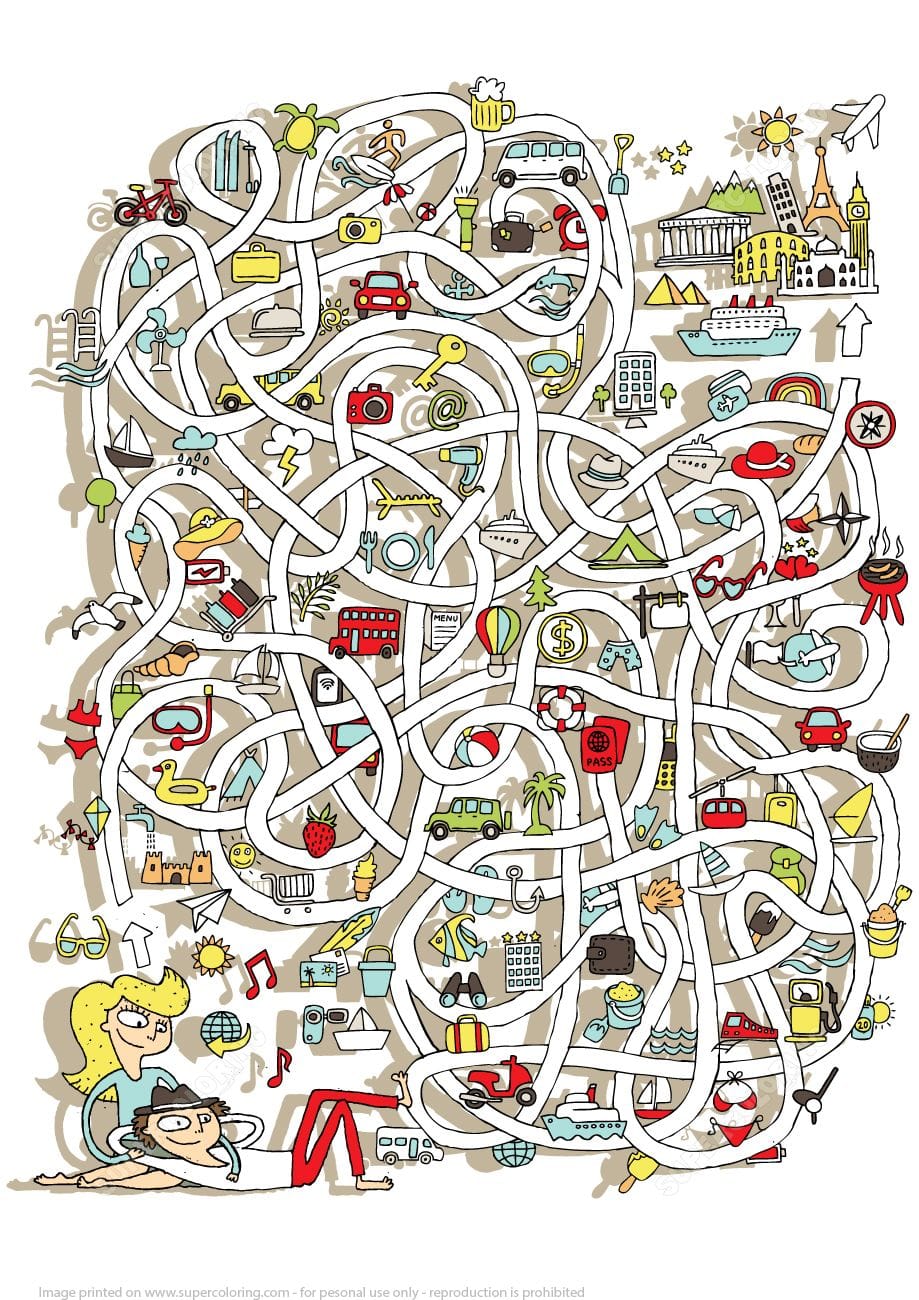
Engaging in puzzles can be a fun and rewarding experience for both kids and adults. Puzzles not only provide entertainment, but they also offer a range of cognitive benefits, including improved problem-solving skills, enhanced critical thinking, and boosted memory. Whether you're a parent looking for ways to keep your children engaged and educated, or an adult seeking to challenge yourself and unwind, puzzles are an excellent option.
One of the best things about puzzles is that they come in a wide range of styles and difficulty levels, making them accessible to everyone. From simple word searches and crosswords to complex jigsaw puzzles and brain teasers, there's something for every age and skill level. In addition, puzzles can be adapted to suit different learning styles and interests, making them an excellent tool for education and personal development.
In this article, we'll explore the world of free printable puzzles for kids and adults, highlighting the benefits of puzzles, providing tips for choosing the right puzzles, and sharing some fun and challenging options to try at home.
Benefits of Puzzles
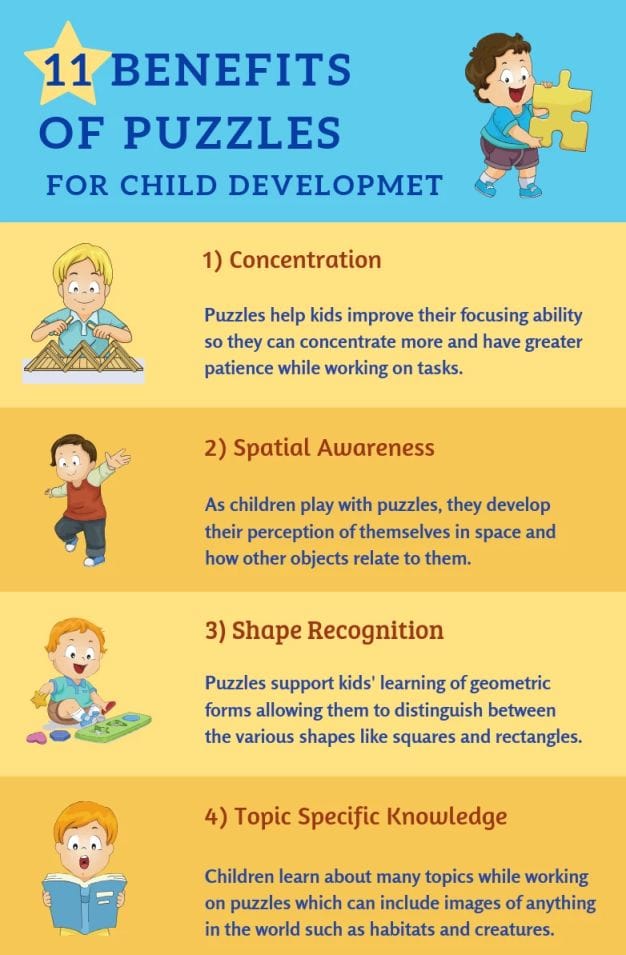
Puzzles offer a wide range of cognitive, emotional, and social benefits for both kids and adults. Some of the most significant advantages of puzzles include:
Improved problem-solving skills: Puzzles help develop critical thinking, analysis, and problem-solving skills, which are essential for academic and professional success. Enhanced cognitive function: Engaging in puzzles can improve memory, concentration, and processing speed, reducing the risk of cognitive decline and age-related diseases. Boosted self-esteem: Completing puzzles can give individuals a sense of accomplishment and pride, enhancing self-esteem and confidence. Stress relief: Puzzles can be a fun and relaxing way to unwind, reducing stress and anxiety. Social benefits: Puzzles can be a great way to connect with others, promoting social interaction, teamwork, and communication.
Puzzle Types for Kids
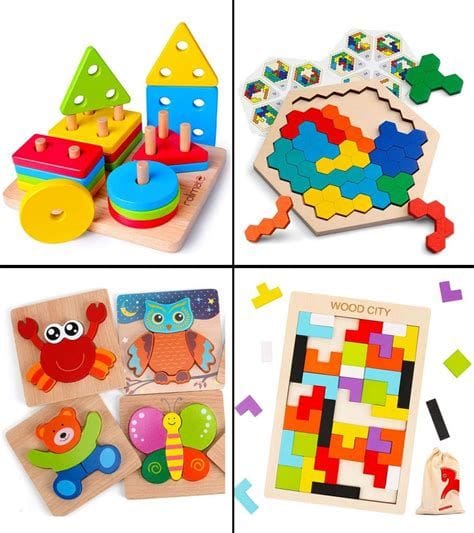
For kids, puzzles are an excellent way to develop essential skills, including problem-solving, critical thinking, and creativity. Some popular puzzle types for kids include:
Word searches: A classic puzzle type that involves finding and circling words within a grid of letters. Crosswords: A fun and challenging puzzle that involves filling in words to complete a grid of clues. Jigsaw puzzles: A physical puzzle that involves assembling a complete image from a set of interlocking pieces. Mazes: A puzzle that involves navigating a path through a complex maze to reach the end goal. Connect-the-dots: A simple puzzle that involves connecting a series of dots to form a complete image.
Puzzle Types for Adults
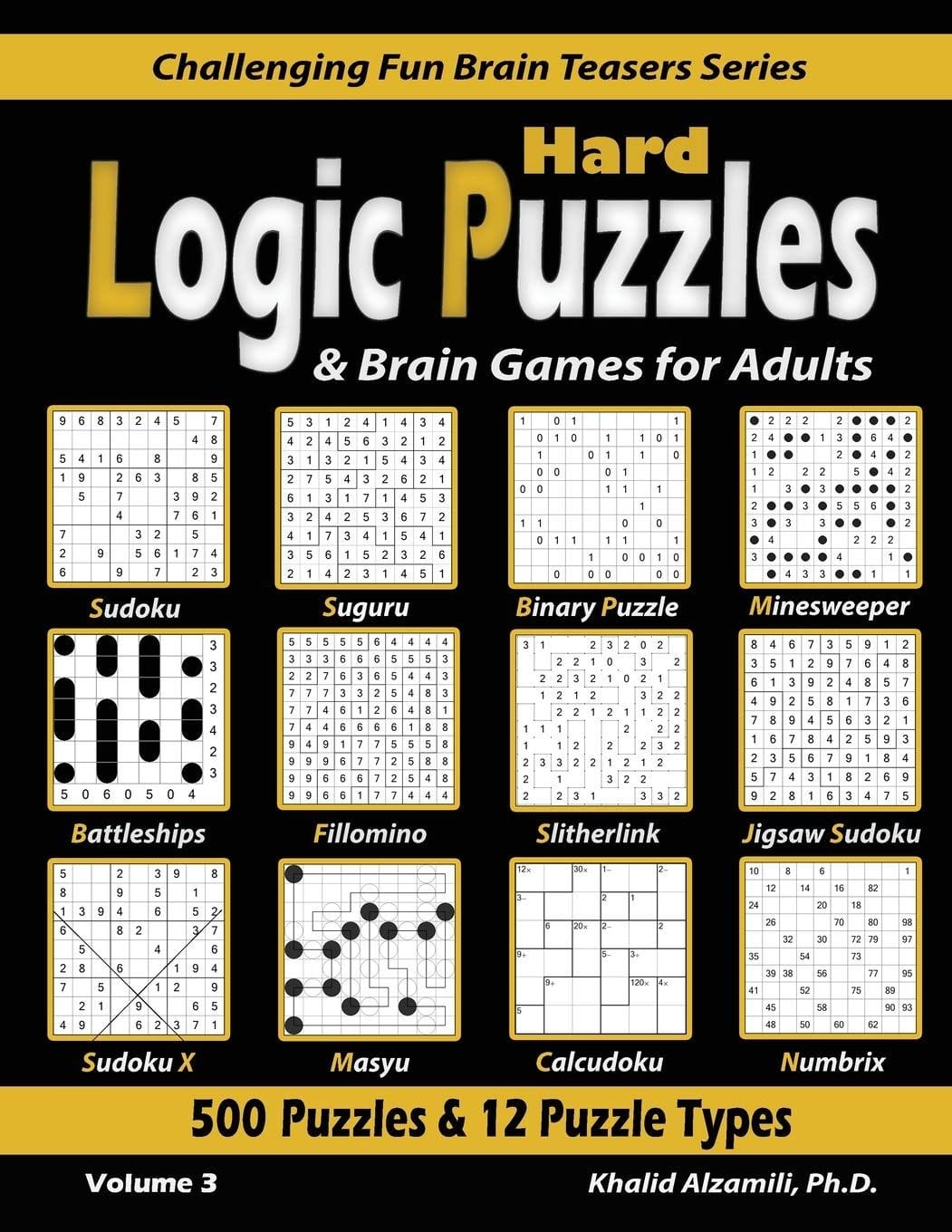
For adults, puzzles can be a fun and challenging way to relax, unwind, and exercise the brain. Some popular puzzle types for adults include:
Sudoku: A logical puzzle that involves filling in numbers to complete a grid of clues. Crosswords: A classic puzzle type that involves filling in words to complete a grid of clues. Jigsaw puzzles: A physical puzzle that involves assembling a complete image from a set of interlocking pieces. Logic grids: A puzzle that involves using deduction and reasoning to solve a complex logic problem. Brain teasers: A puzzle that involves solving a complex problem or riddle using creative thinking and problem-solving skills.
Free Printable Puzzles
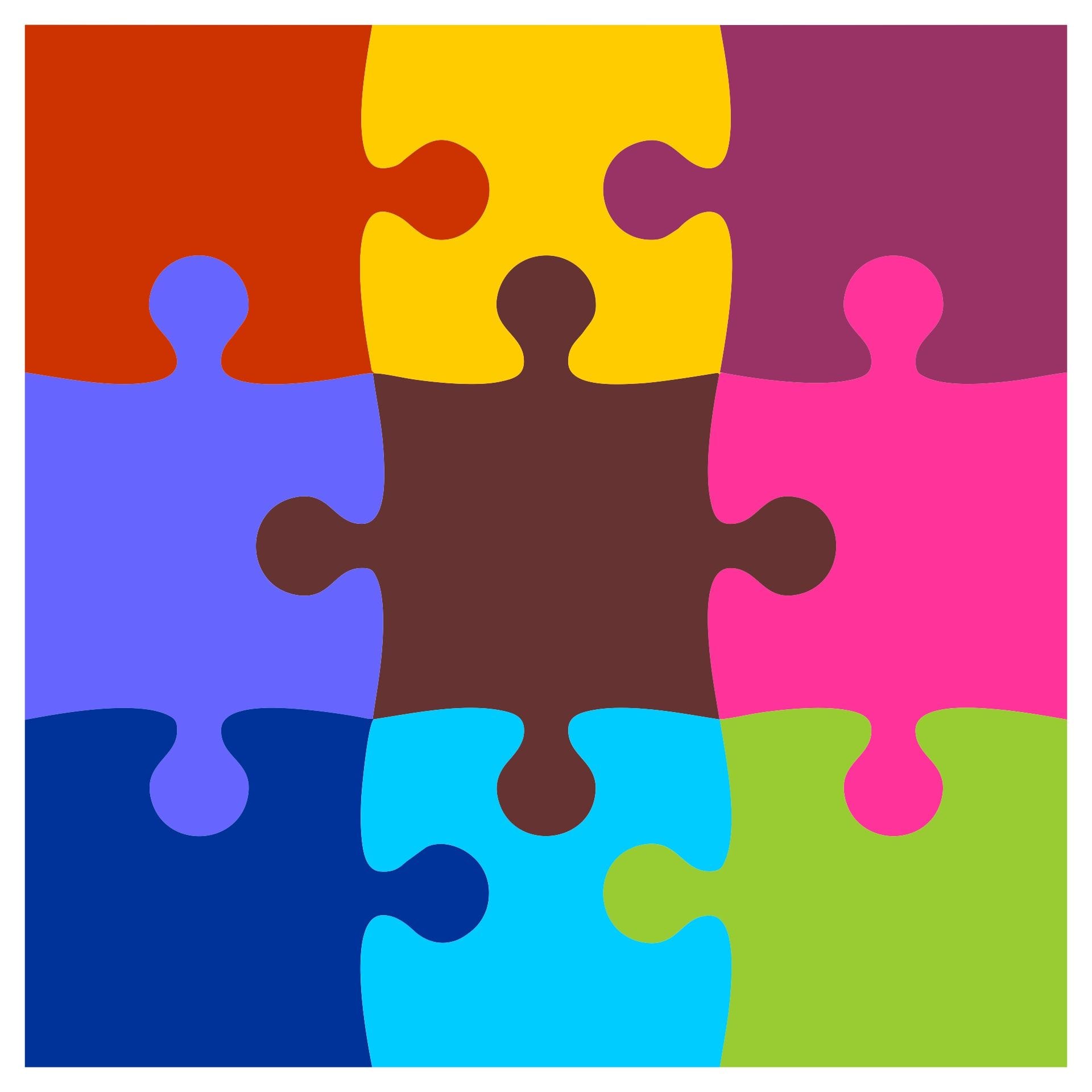
One of the best things about puzzles is that they can be easily accessed and printed for free. There are many websites and resources that offer free printable puzzles for kids and adults, including:
Online puzzle websites: Websites like PuzzleMagic, Puzzle Society, and Jigsaw Jungle offer a wide range of free printable puzzles for kids and adults. Educational resources: Websites like Teachers Pay Teachers and Education.com offer a wide range of free printable puzzles and educational resources for kids. Printable puzzle books: Many websites offer free printable puzzle books that can be downloaded and printed at home.
Tips for Choosing the Right Puzzles
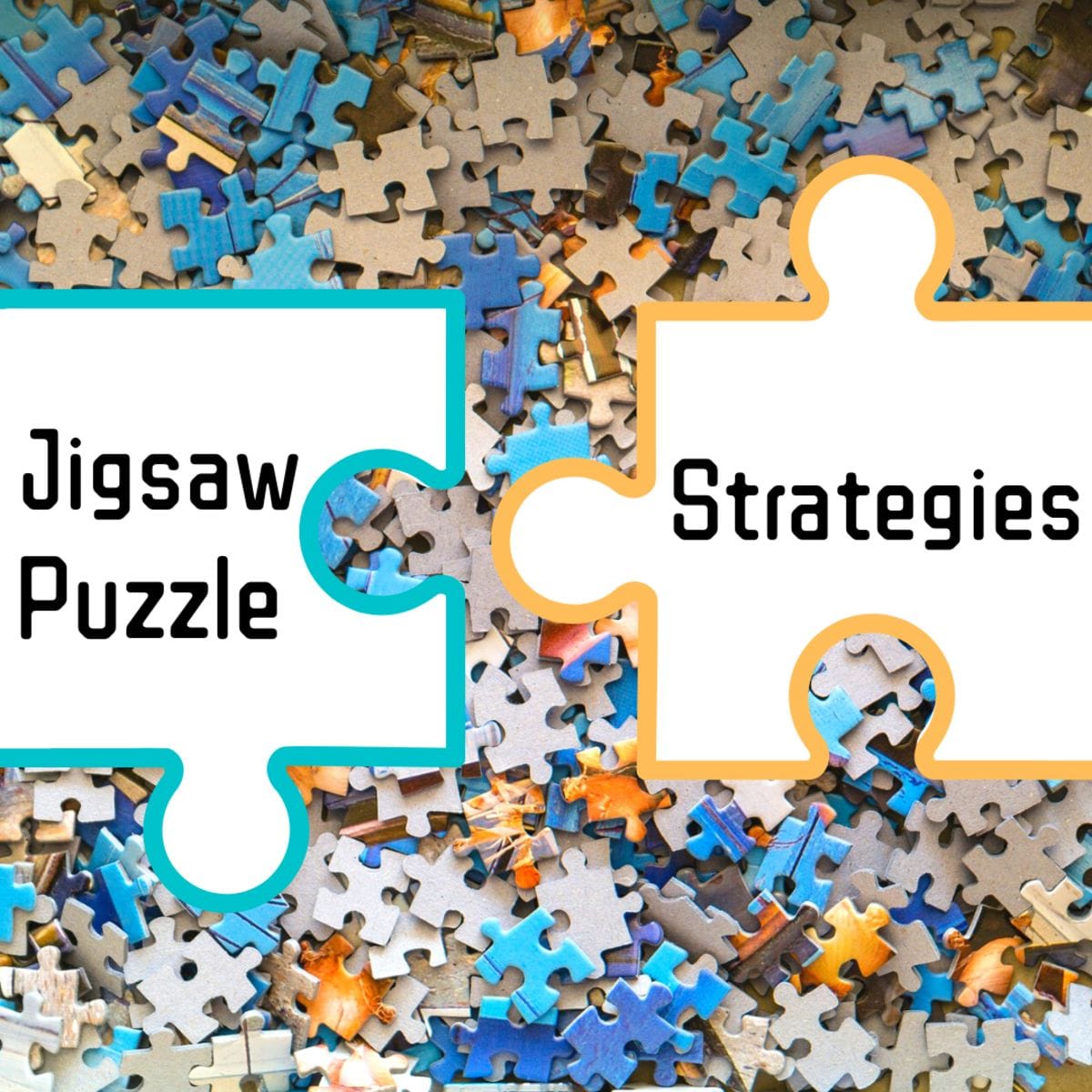
When choosing puzzles, it's essential to consider the age, skill level, and interests of the individual. Here are some tips for choosing the right puzzles:
Consider the age and skill level: Choose puzzles that are suitable for the individual's age and skill level. Choose puzzles that align with interests: Choose puzzles that align with the individual's interests and hobbies. Start with simple puzzles: Start with simple puzzles and gradually increase the difficulty level as the individual becomes more confident and skilled. Provide feedback and support: Provide feedback and support to help the individual build confidence and develop problem-solving skills.
Conclusion
Puzzles are a fun and rewarding way to challenge yourself and develop essential skills, including problem-solving, critical thinking, and creativity. With a wide range of puzzle types and difficulty levels available, there's something for everyone. Whether you're a kid or an adult, puzzles can be a great way to relax, unwind, and exercise the brain. So why not give puzzles a try? Print out some free puzzles today and start challenging yourself and having fun!
FAQs:
What are the benefits of puzzles?
+Puzzles offer a wide range of cognitive, emotional, and social benefits, including improved problem-solving skills, enhanced cognitive function, and boosted self-esteem.
What types of puzzles are suitable for kids?
+Kids can enjoy a wide range of puzzle types, including word searches, crosswords, jigsaw puzzles, mazes, and connect-the-dots.
What types of puzzles are suitable for adults?
+Adults can enjoy a wide range of puzzle types, including Sudoku, crosswords, jigsaw puzzles, logic grids, and brain teasers.
Gallery of Free Printable Puzzles For Kids And Adults Daily Fun
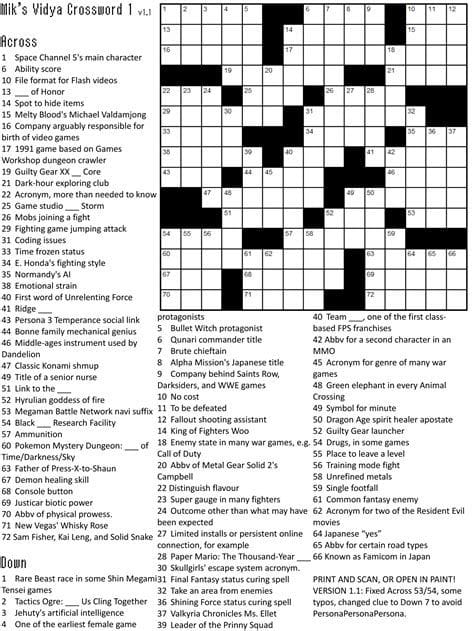
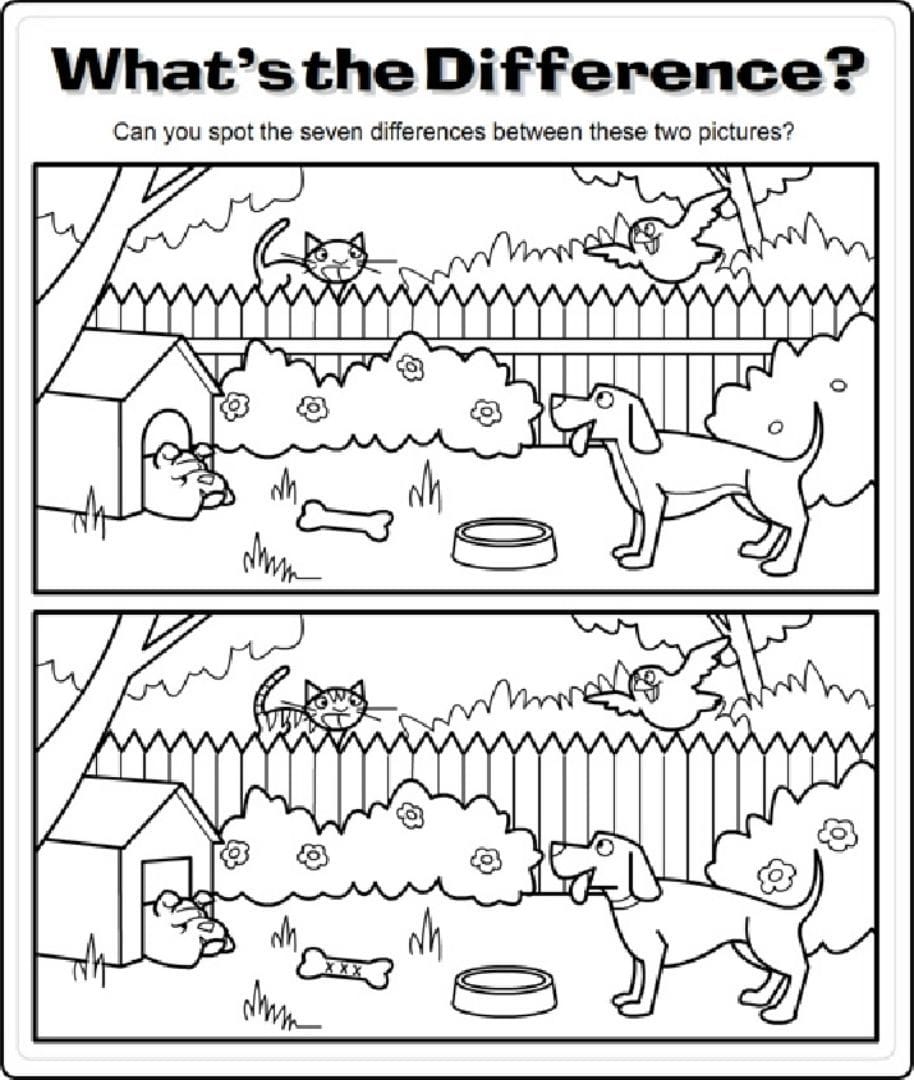
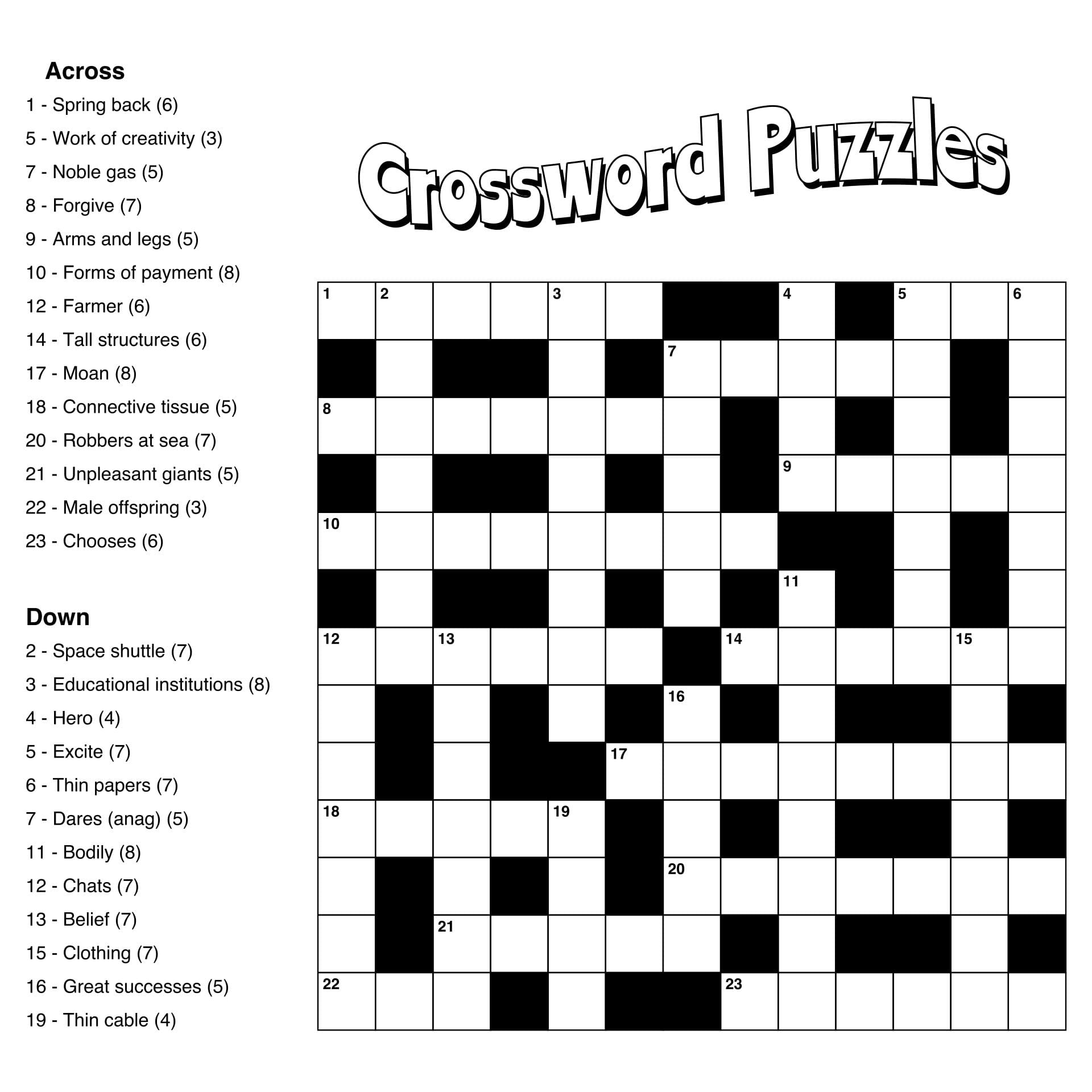
![Free Printable Jigsaw Puzzles For Kids [PDF] + Blank Template](https://couchdb.prospectpark.org/img/free-printable-puzzles-for-kids-and-adults-daily-fun-gallery-4.jpg)
